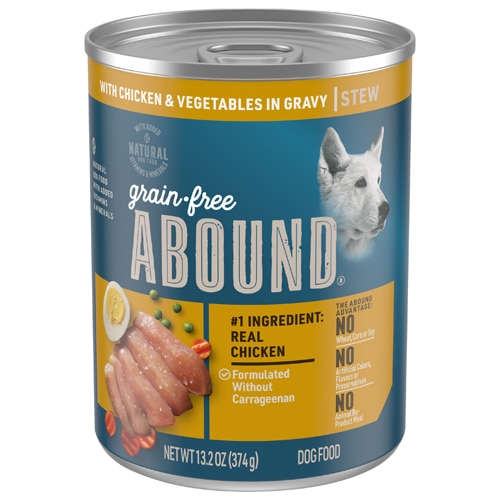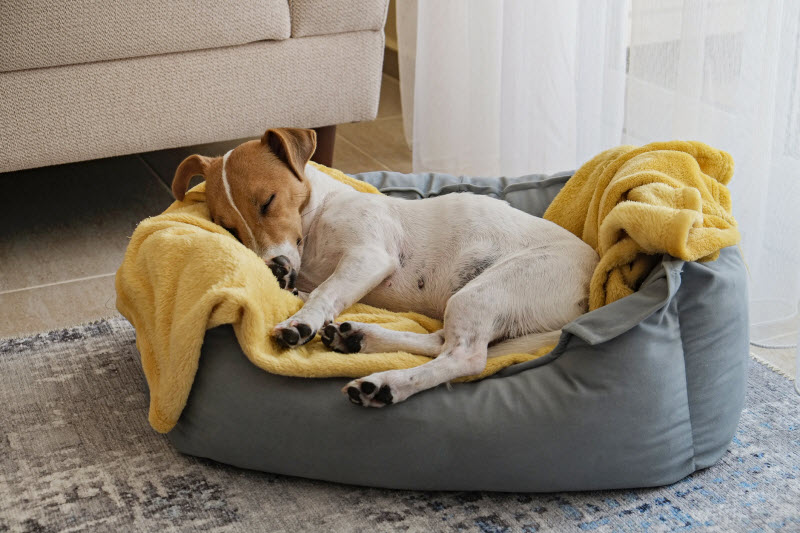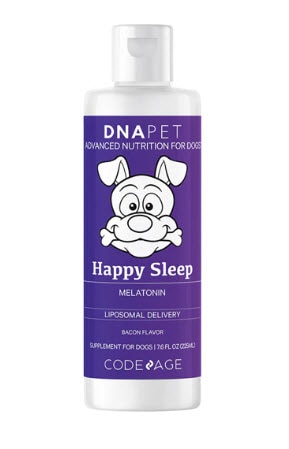How to know if your dog is sleeping well
Puppies sleep for about 11 hours out of every 24, adult dogs sleep between eight and 13.5 hours, and senior dogs may sleep even more, according to research published in Animals. If you notice your dog is not sleeping this much or much more than this, it could be the first indication of a problem. “It’s a good sign if your pupper is sleeping soundly or showing signs of deep REM slumber, like twitching or moving or making faint noises while fast asleep,” explains Dr. Rebecca Greenstein, Veterinary Medical Advisor for Rover. Older dogs and puppies tend to move the most during sleep. Keep an eye on how your dog sleeps. Most dogs like to sleep in a curled-up donut shape or on their sides, which typically means they are comfortable, cozy and prepped for some quality shut-eye, Dr. Greenstein says. Also, look for signs of a well-rested dog, such as whether they are energetic and playful when awake instead of sluggish or sedentary. “Obviously, a lot of factors go into how much sleep your particular dog needs and how energetic they are supposed to be during wakeful periods, so if you’re having concerns about your dog’s wake/sleep cycles, ask your vet,” adds Greenstein.Signs of poor dog sleep
According to Dr. Greenstein, the signs of poor sleep vary significantly between dogs. Look for signs of restlessness or interrupted sleep periods, such as waking up in the middle of the night, which may translate into a sleep deficit for your dog (and you!). “If your pupper is constantly shifting positions, it may mean they aren’t comfortable, and this may negatively impact their ability to rest meaningfully,” says Greenstein. Older dogs often sleep longer, wake up less at night and may sleep more during the day. If your elderly companion is not sleeping well through the night, it could indicate a problem. Adult dogs tend to have longer stretches of sleep during the night than puppies. Approximately 60% to 80% of the hours between 8 p.m. and 8 a.m. are spent sleeping, but this can vary depending on your schedule and household. But dogs also need sleep during the day, which can be challenging if you have a loud or busy household. Research shows that dogs who sleep less during the day get more deep sleep at night with fewer wakeups, so dogs can adapt by sleeping more at night. But dogs who get more sleep in the daytime tend to have better temperaments and seem in better moods with less stress than those who don’t. If your dog doesn’t sleep much during the day or has interrupted sleep at night, it’s worth investigating how you can help them improve their sleeping habits.How to help your dog sleep better
Dr. Greenstein says that, just like humans, ensuring your dog’s sleep space is conducive to relaxation is essential. “A dog’s bed should be kept away from high-traffic or noisy areas of the home so they don’t always feel like they have to be on high alert.” A comfortable, supportive bed is also essential, according to Greenstein. “Try to notice the individual preferences of your dog; some dogs like to be cradled within a bolster bed, others like to be snuggled under blankets, and others like to simply lie on the cool floor,” she says. For older and arthritic pets, getting into a comfortable position can be more challenging. “Talk to your vet about making sure your pet is on appropriate medication for any orthopedic discomfort they may have, which may help them to sleep peacefully once again,” Greenstein advises. Lastly, keeping your dog active and well-exercised can help expend their energy and lead to happily exhausted dogs and a better night’s sleep.Does melatonin work for dogs?
If your dog needs help getting into a calm and relaxed state for sleep, you can try melatonin, specifically formulated for pets. Melatonin can help your dog become calm and ready for sleep, which is helpful if you’re trying to encourage a healthier sleep schedule. This is particularly true if your dog seems anxious. The American Society for the Prevention of Cruelty to Animals (ASPCA) agrees that melatonin is safe for dogs with little risk of side effects. The American Kennel Club (CKC) recommends using melatonin for dogs that are jumpy when it comes to noise or who have separation anxiety. It’s a valuable supplement if you are traveling with your dog or if your dog will be staying with someone else while you’re away. “Melatonin does have some helpful applications in dogs when it comes to anxiety and sleep disorders,” says Greenstein, but she urges pet parents to talk to their family vet before giving any supplement, nutraceutical or medication. †These statements have not been approved by the Food and Drug Administration. These products are not intended to diagnose, treat, cure or prevent disease.Featured Product
Codeage Melatonin for Dogs Sleep & Calming Aid Dog Supplement





